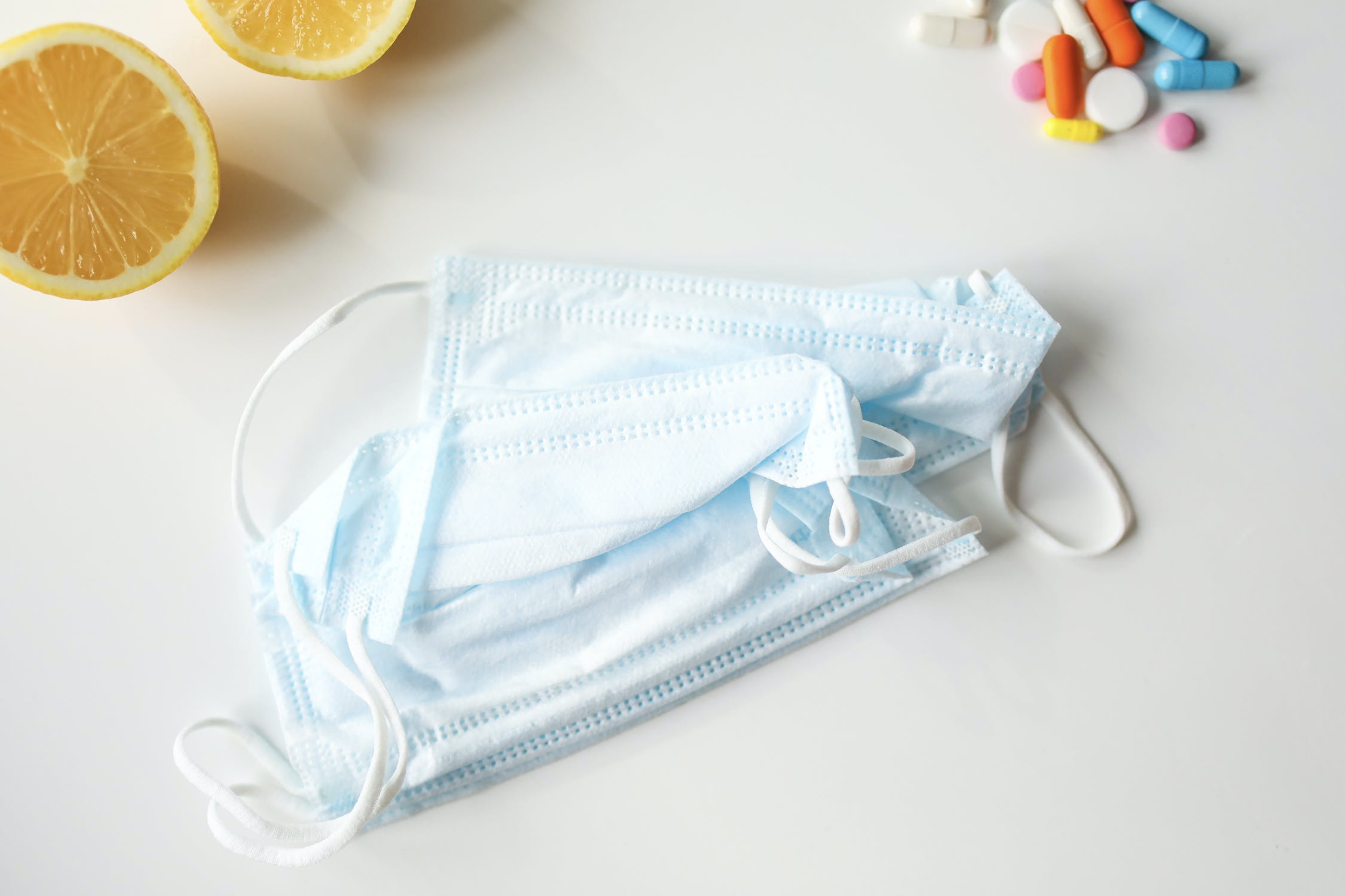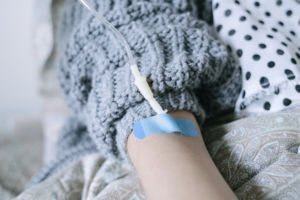
The draft “Strategy for the development of the SPP and dietary supplements market until 2030” was discussed in detail by industry experts. The issues of nutrition in oncology and the prevention of severe nosologies were raised.
It is mainly about the problem of nutritional status or nutrition in cancer patients. Because they most often face nutritional problems. The task of oncologists is to maintain the nutritional status of a person, but treatment can take more than one month and more than one year. And when a patient is not getting the nutrition he needs, the quality and duration of his life is greatly reduced.
What is nutritional therapy in oncology? This is a whole range of measures. Understand nutritional risk, formulate dietary recommendations, organize additional (oral, enteral tube, parenteral nutrition).
During the discussions, the question was raised: is it true that feeding the body with useful elements means feeding the tumor? This question was answered by Doctor of Medical Sciences, Professor of the Russian Academy of Sciences Ivanova S.A .: “We live in an age of evidence-based medicine, where every hypothesis must be tested by scientific research. To date, there are no studies confirming this hypothesis. To fight cancer, the patient must be in a normal nutritional status, and for this he needs a normal full-fledged healthy diet ”.

There are a lot of patients who are shown therapeutic nutrition: these are those who are preparing for surgical treatment; these are patients receiving drug and radiation treatment on an outpatient basis; patients who have had cancer; in need of palliative care at home. In addition, in severe patients, malnutrition can provoke the formation of pressure ulcers.
We have prepared for you a summary of the most important problems in this area, voiced by the speakers – oncologists, representatives of departments, industry experts. Those problems that require special attention.
● Patients of medical institutions (at different stages of treatment) are one of the most vulnerable groups of consumers of medical nutrition. Because in the hospital, the patient is provided with the necessary funds at the expense of the state, and at home treatment, the patient is deprived of such an opportunity. People are forced to buy medical food on their own, but not everyone has the opportunity to do so;
● Again, the issue of fortification as a prophylaxis is not provided, although there is a formal program. But only on paper. It does not have specific measures (budget expenditures, full-cycle domestic producers, etc.);
● According to experts, if there were good support for preventive measures, it would greatly reduce the number of palliative patients;
● To date, the production of specialized food products and dietary supplements is not tied to a specific industry department. This is a problem for both the producer and the consumer;
● Not all cancer centers have nutritional support groups. Their task is to select and carry out medical nutrition.
● In many cancer centers, there are nutritional support groups, the main task of which is the selection and implementation of nutritional therapy. If there are no such groups in the institution, then this is a sign of improper organization of medical care;
● Since specialized medicinal food is neither a medical device, nor a drug, it has not been added to the list of funds for which budget expenditures are calculated. Therefore, the patient, applying for such food, is refused. And the health workers are not to blame for this, because they can get a criminal article: inappropriate budget expenditure;
● Money is not particularly invested in medical nutrition, and doctors do not see the shortage of food supplies as a serious problem;
● No more than 30% of patients have access to high-quality health food today. Although there are regulations and recommendations to improve patient nutrition.
 The Ministry of Industry and Trade considers it expedient to produce medical food by pharmaceutical companies, because the quality of the components is very important. Both medical food and dietary supplements, according to the representative of the department, should be produced under the control of a certain authority. Support measures are a complex issue, and amendments to legislation take time.
The Ministry of Industry and Trade considers it expedient to produce medical food by pharmaceutical companies, because the quality of the components is very important. Both medical food and dietary supplements, according to the representative of the department, should be produced under the control of a certain authority. Support measures are a complex issue, and amendments to legislation take time.
The strategy for solving all the listed problems, of course, cannot be described in one page of text. But in a thesis and briefly, the proposals of colleagues in the industry look like this:
● Helping patients at home remains optimal and relevant. To organize nutritional support, the patient needs to receive a medical device. It is very important to talk about nutritional support for patients at home, before they get into a serious condition and become palliative;
● The meals of patients at home (it does not matter – palliative or non-palliative) should be regulated according to a specific program. After all, it would be wrong to ignore other categories of patients. The question applies to both adult patients and children;
● It is necessary to develop rules for the formation of a list of health food products. In the section of specialized nutrition I would like to include enteral nutrition products. There must be an availability of such food for patients;
● All regulations must be clear and enforceable;
● The cost of providing therapeutic nutrition would outweigh the savings in treating complications.
